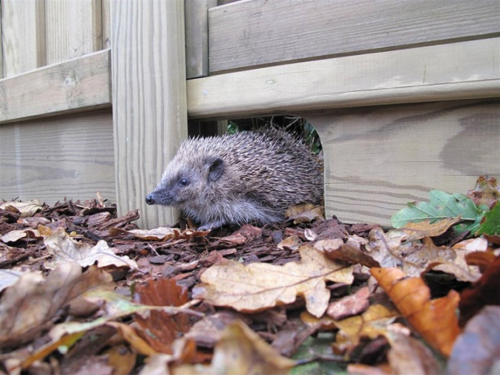About
Toadwatch was started in 2004 - initially to help amphibians in Bowthorpe and Little Melton to the west of Norwich in the United Kingdom. These were both important breeding sites and are registered with Froglife, unfortunately the growth in housing has led to the demise of the Bowthorpe toads and there is no longer a patrol there. Since 2004 we have helped many other people to set up patrols to save their local toads. Please see the Contacts page if you would like help to set up a new patrol.
During the migration season - which takes place on warm wet evenings between February and April - volunteers carry toads, newts and frogs across the road in buckets. Many thousands of animals are saved each year - without this help the local toad populations could become extinct.
Volunteers are given basic safety instructions and asked to wear a Hi Viz vest or jacket when working in the road. The work is too dangerous for young children, as volunteers have to be responsible for their own safety whilst they are helping the animals.
Why we do toad patrol
- Toads are amphibians and feel pain just like we do - we are descended from amphibians. It is very distressing to see hundreds of animals mutilated by cars - they are not all killed outright.
- All the toads from up to several miles use a single, large breeding pond. This means that the whole local population can have to cross the road at a single point, in order to get to the pond. Frogs don't move very far and will use small garden ponds - far fewer frogs are lost on the roads.
- Toads first evolved over 200 million years ago and they have done an important job ever since of eating slugs and other insects that we don't want! Modern cars isolate us from our surroundings and we are unaware that we are exterminating a whole species under our own tyres. Losses from car traffic has become a critical factor over the last 20 years and toads are being pushed back from our towns and cities. Loss of habitat and new diseases are also leading to the decline of the Common Toad.
- Toad patrol involves walking around and that is good for people. Toads often move in damp weather and being out in the rain has health benefits!
Toad facts
 Hedgehog holes also let toads pass between gardens
Hedgehog holes also let toads pass between gardens
- Toads don't breed until their fourth spring and they can live more than 20 years - newts live even longer.
- Toads are dry to the touch and don't carry any diseases (see the Patrol page for sensible precautions). Popular culture has given toads a bad press that they don't deserve! They are quite friendly when not threatened - occasionally they may urinate if scared.
- Gardens are getting too tidy and there is a major shortage of winter habitat. Toads need somewhere frost free to spend the winter - large piles of bricks and branches covered in carpet and turf are ideal.
- Concrete gravel boards are too good! They last for ever and stop even large insects from passing between gardens, this cuts the toads off from their migration routes.
- The young toads leave the pond in mid summer when they are only 15mm long and can travel up to three miles before they find a home to live. Once they are four years old they travel back to the same pond to breed and, after breeding, will return to the same home. No one knows how such a small animal can finds its way for such a long journey!
Toad Patrol in Norfolk
We are lucky to have so many ponds in Norfolk - so we have a lot of toads! There are over 20 patrols working together as Toadwatch and in 2015 they saved over 33,000 toads - which was nearly half the toads saved in the whole country. There are around 150 patrols in the UK that report numbers to Froglife. We know that there are many toads being lost at crossings that have no patrol and would like to do a lot more patrols.
How we compare to other countries
The Netherlands and Switzerland have both recognized the importance of keeping their toads alive and have done much more to provide toad tunnels under their roads. However tunnels are not possible at all crossings so patrollers are still needed.
